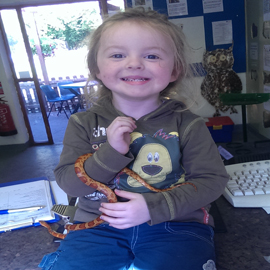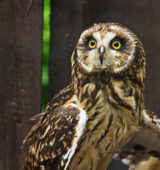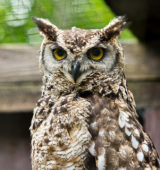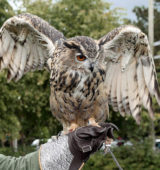Teacher’s Section
A school approach to education of Animal welfare
School is the ideal place to raise awareness of animal welfare issues, learning to respect and live in harmony with animals is an important part of students learning. As students learn about the world we live in, they must also develop responsible attitudes and a duty of respect towards all other forms of life.
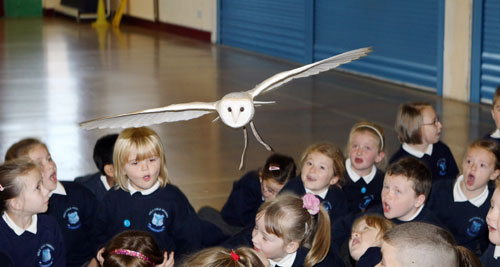
The following information sheets are designed to assist the teacher and students to explore and learn about animal welfare.
Animal welfare education is important to your school because:
- We all live and interact with animals
- Children and young people have a natural fascination with animals
- It encourages a wider awareness and respect for our environment
- It teaches the value of life
- It develops life skills such as: caring, nurturing, communicating and taking responsibility
- It assists in the understanding of concepts such as ecosystems, habitats, food chains and conservation.
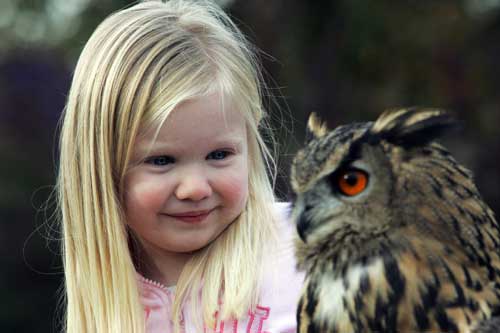
Subjects which can be included in your school programme.
Part 1:
Students should have the opportunity to:
- Gain knowledge and develop an understanding of the needs of animals, look at basic needs eg. Ask students to explore their needs to survive ect.
- Appreciate that people treat animals and their homes with kindness and respect.
Part 2:
Students should have the opportunity to:
- Develop a sense of responsibility for living things and recognise that people need to treat animals with care and sensitivity, eg. Animals have feelings too, explore feelings of fear, rejection ect.
- Consider ways in which animals and the environment can be protected, locally and nationally. Investigate legislation on animal welfare, transportation regulations ect relating to animal welfare.
Part 3:
Students should have the opportunity to:
- Develop an understanding of how human activity can affect animals and their welfare (eg. Traffic, litter, pollution, habitat destruction).
- Begin to understand the ethical and social dilemmas surrounding the scientific and commercial use of animals (eg. Animal experiments, methods of farming ect).
Part 4:
Students should have the opportunity to:
- Discuss the ways and ethical implications of how animals are used in society.
- Explore and examine a range of animal welfare issues from a variety of standpoints and assess opinions.
Events
Organising a school animal welfare event can be an effective way of involving the whole school and perhaps mums, dads and carers.
Eg:
Ask students to research a particular topic such as “Responsible Pet Ownership” students seek information then produce their own displays and organise an event for the school. The students host an event inviting teachers, carers and possibly the wider community to spread the message and raise awareness on “Responsible Pet Ownership”.
Pre-School
By far the largest portion of our visits is pre-school – nursery schools and although I love all my visits I have a real soft spot for these sessions.
Find out about Pre-School VisitsKey Stage One
We love Primary School visits, the fun that we have and the memories we help make are life-long. I still get comments from grown ups about World of Owls visits to their Primary Schools.
Find out about Key Stage One Visits

Key Stage Two
Find out about Key Stage Two Visits
